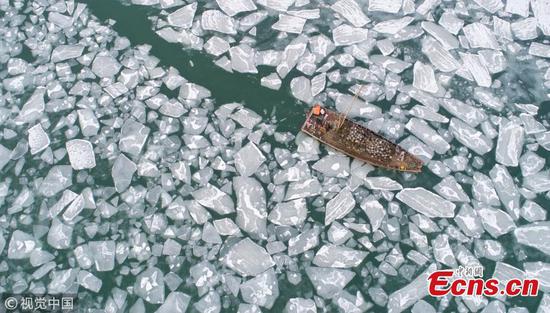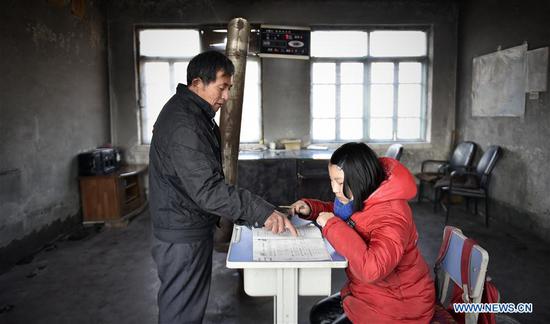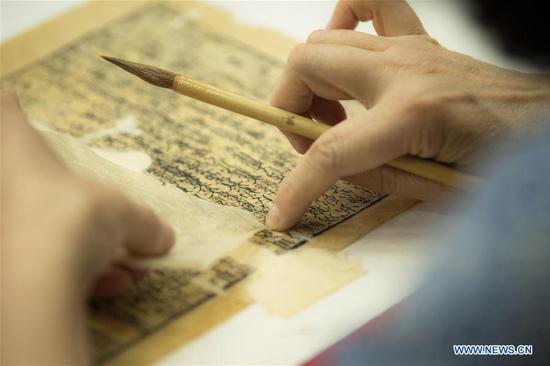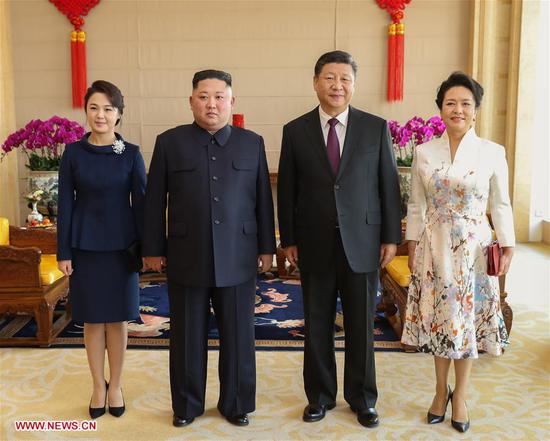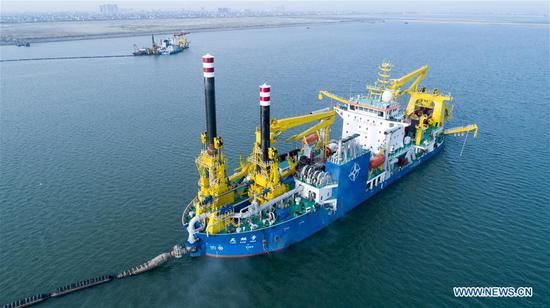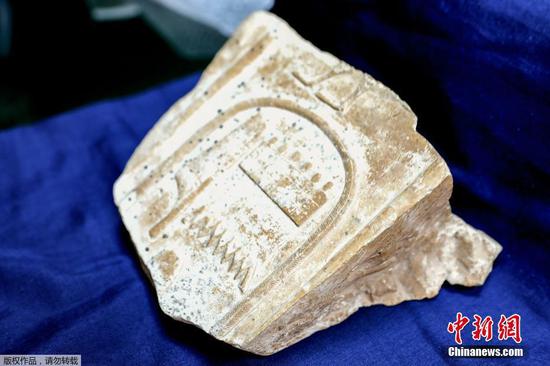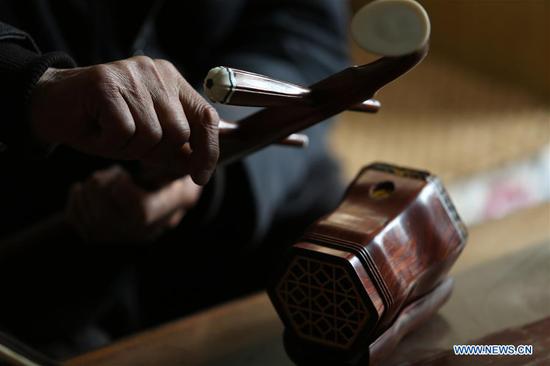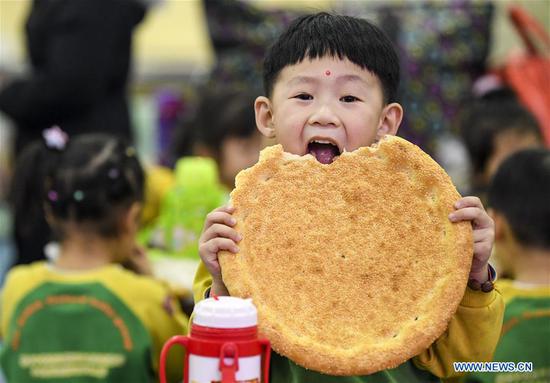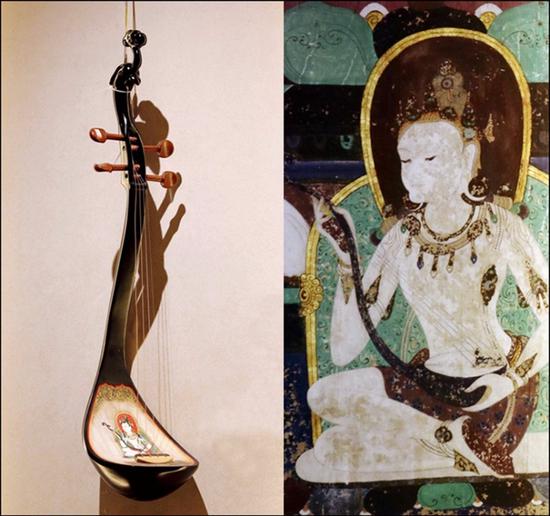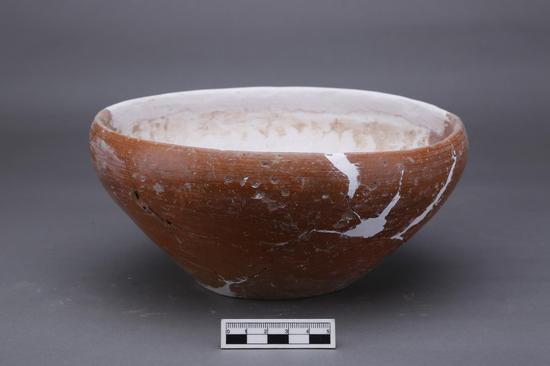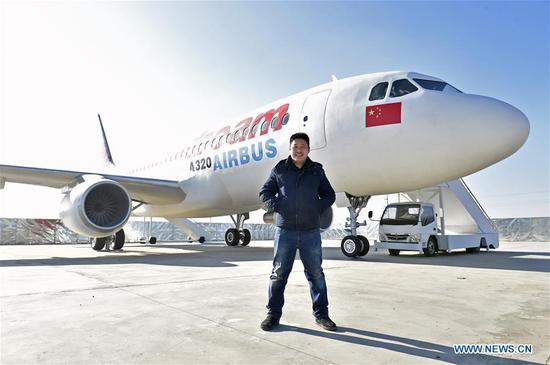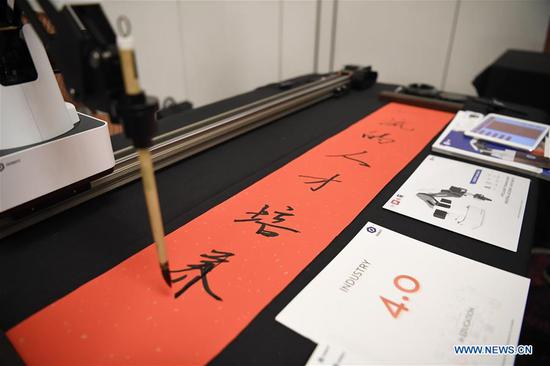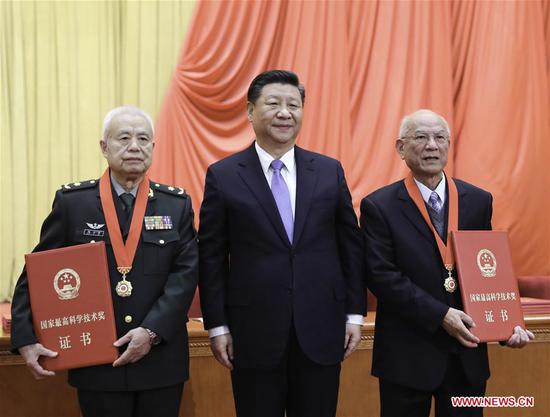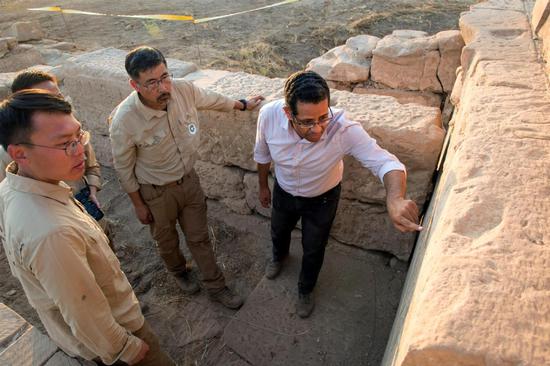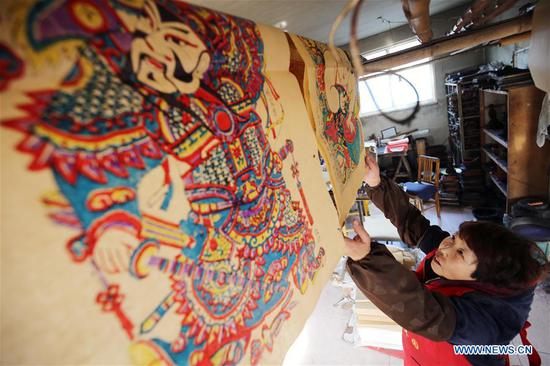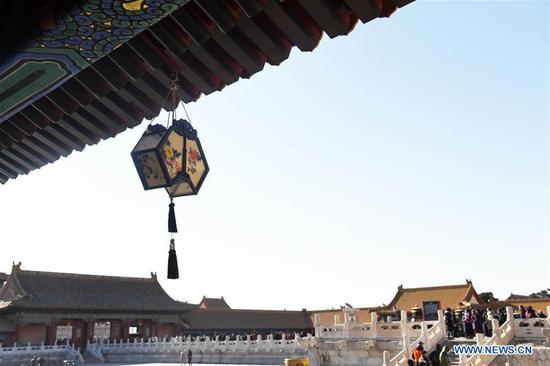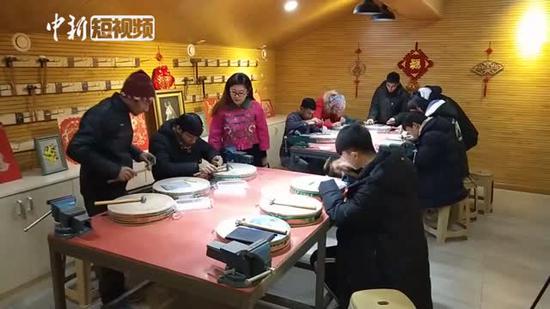China and the United States should stay committed to resolving differences through dialogue and consultation and keep identifying and expanding converging interests, Vice-President Wang Qishan said on Thursday.
Speaking at a reception to commemorate the 40th anniversary of the establishment of diplomatic relations between China and the U.S., Wang also called on both countries to pursue relations defined by coordination, cooperation and stability, and respect each other's sovereignty, security and development interests.
The establishment of diplomatic relations 40 years ago was to expand the common interests of both peoples and promote world peace, stability and development, he said. "As China-U.S. relations stand at a new starting point 40 years on, both parties should always keep this original aspiration in their minds."
Wang said the focus on cooperation and expansion of joint interests has been the impetus for the relationship to keep moving forward. It is important for both sides to adapt to new realities, keep deepening and pushing forward pragmatic cooperation and give the two peoples more sense of gain, he said.
Wang also called on the two sides to take on an open attitude and encourage exchanges in industry and commerce, education, culture, sports, science, technology, youth and media.
Wang said China will unwaveringly take its own path and focus on ensuring its people live better lives no matter how the international landscape changes.
"China's footsteps for reform will not stop, and it will only become more and more open," Wang said, adding that the country always contributes to world peace and global development and safeguards the international order.
Countries, including the U.S., will definitely obtain bigger opportunities from China's peaceful development and further reform and opening-up, he said.
Thursday's event was attended by members of the U.S. diplomatic and business community in China, including U.S. Ambassador Terry Branstad. Former U.S. president Jimmy Carter, who witnessed the ties' normalization with late Chinese leader Deng Xiaoping, sent a congratulatory letter to the event.
Yuan Peng, president of the China Institutes of Contemporary International Relations, said the normalization of China-U.S. relations has been one of the important elements contributing to China's process of reform and opening-up.
"The commemoration of the 40th anniversary of China and U.S. establishing relations is aimed at promoting more stable bilateral relations, which we hope will move forward together with China's course of reform and opening-up," he said on the reception's sidelines.
Qu Bo, director of the Institute of International Relations at China Foreign Affairs University, said, "Facts have proved that the healthy development of China-U.S. relations is important to China, to the U.S. and to the world, especially from the perspective of economic interdependence and economic globalization."









